I’m a healthy person. I have a healthy family. Only once in 10 years have we even come close to hitting our annual deductible.
Yet conservatively speaking, in premiums alone I’ve contributed over $125,000 to the healthcare system over those 10 years.
Now I’m sheltering in place, can’t see family and friends, can’t travel, can’t go out to bars, can’t watch soccer or basketball on TV, can’t imagine the horrors that my friends with small children are facing with school closed probably until the fall.
By now we all know why this is necessary: Flatten the curve so as not to overwhelm the medical system’s ability to treat people. I’m not an asshole; I don’t want people to die because they can’t be treated.
But it should not have to be a choice between hundreds of thousands of deaths and destroying the economy.
Look, Congress, I really appreciate that if I miss work because I get the virus, you’ll help me with 2 weeks of sick pay.
But what happened to my $125,000 from the last 10 years?
In America, we buy “health insurance.” But there’s a problem: the health insurance industry is not a healthcare industry; it’s in insurance industry. Insurance is about minimizing financial risk, which means eliminating anything that looks like unnecessary spend.
As President Trump famously said, “I’m a business person. I don’t like having thousands of people around when you don’t need them. When we need them, we can get them back very quickly.”
Health insurance is an insurance industry, not a health industry. It’s run by financial people, not health people. It squeezes the healthcare providers until what society gets is minimal acceptable capacity, at maximum allowable price. It squeezes out redundancies and contingency systems for catastrophes because at some level of catastrophe, insurance becomes untenable. It makes more sense for the insurance company to go bankrupt than pay out.
I always hoped I was getting more for my $125,000. I hoped those premiums were propping up the world’s best healthcare system, with the best equipment and staff… and the best capacity. I always thought I was getting something more like the green line:
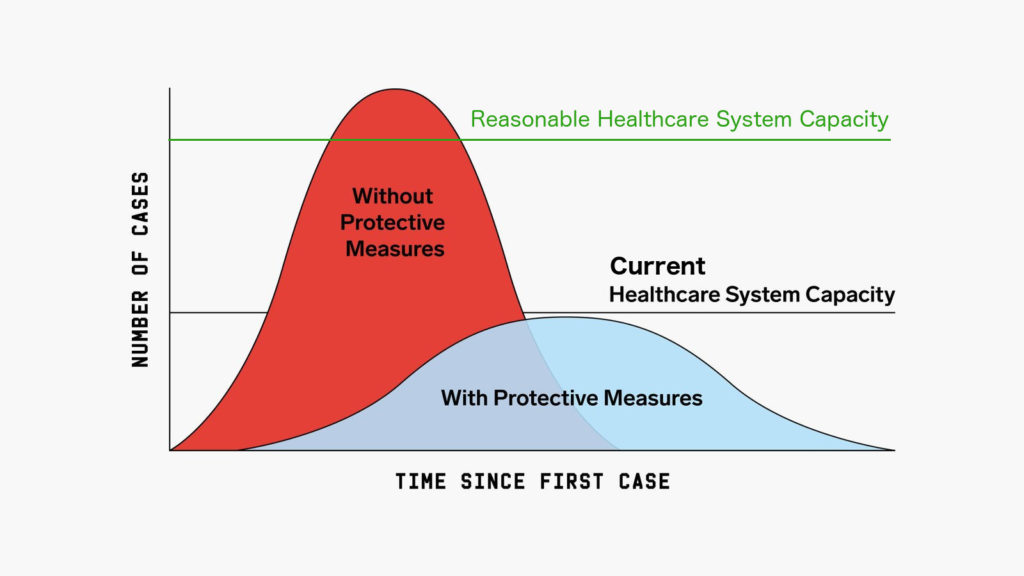
Notice the area covered by the two curves is roughly equal. Social distancing, sheltering in place, and plunging America into a recession won’t stop people from getting infected. It’s all designed to keep our healthcare system from getting overwhelmed, which would lead to more deaths.
But where did my $125,000 go? And why did my 401(k) drop 30% in the last three weeks? And why are people I know getting laid off?
All because Americans have been frightened into believing the myth that government-paid healthcare will be inefficient and lead to unnecessary deaths, so a private insurance industry can keep their shareholders happy?
America, it’s time for a different system.
 You say someone pissed in your champagne?
You say someone pissed in your champagne?
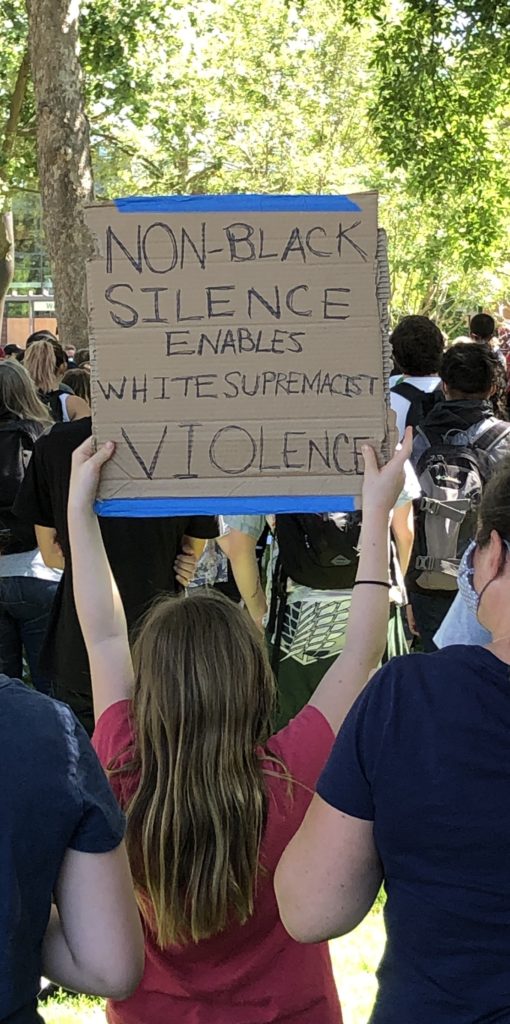

 cheap whiskey, neat
cheap whiskey, neat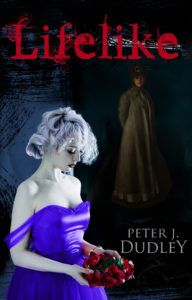





 It rests in the rolling shallows,
It rests in the rolling shallows,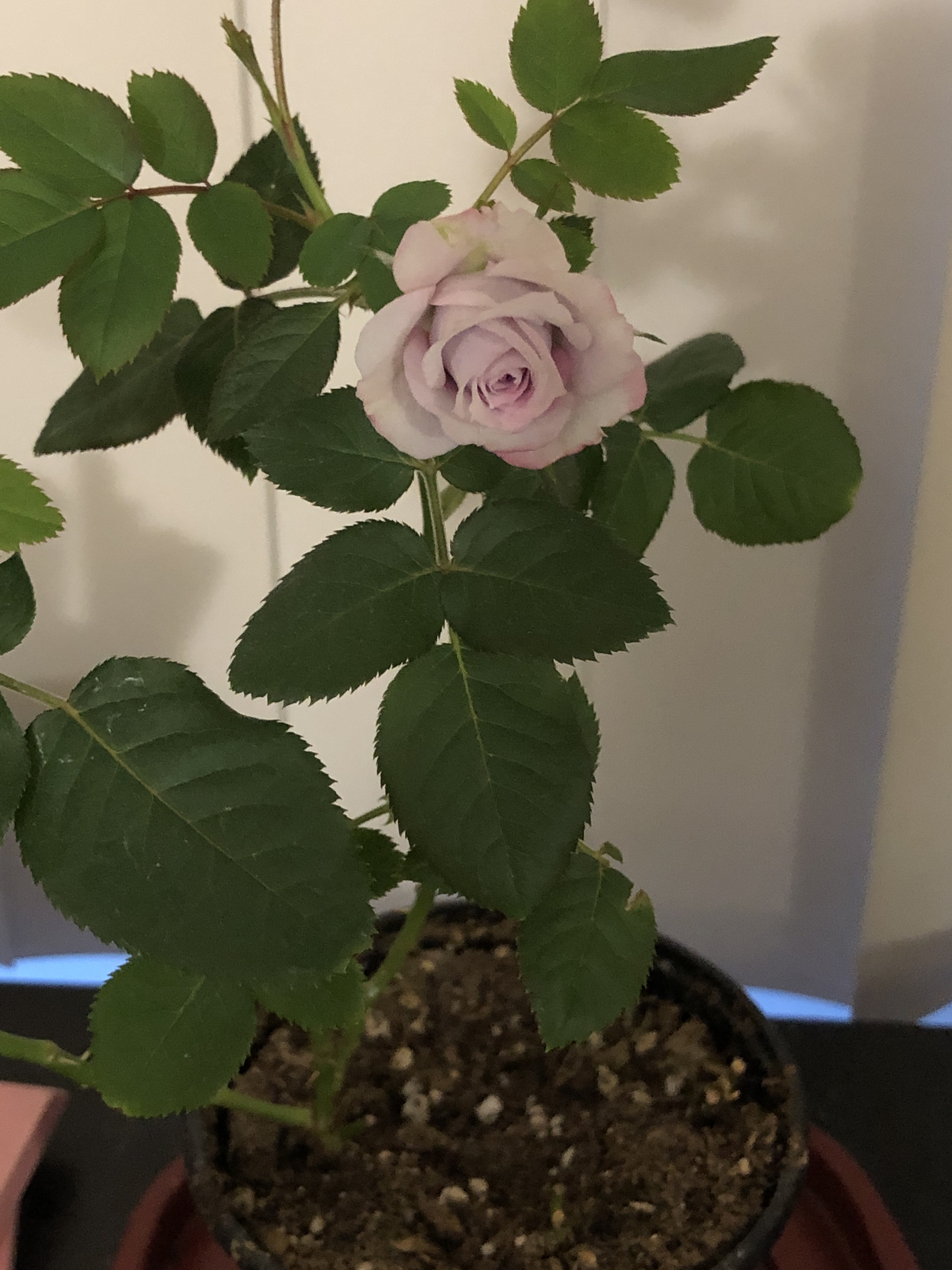
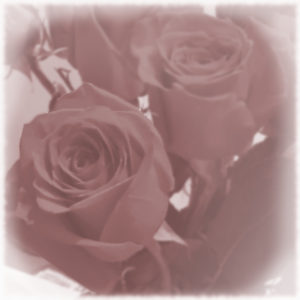
 Stubborn,
Stubborn,